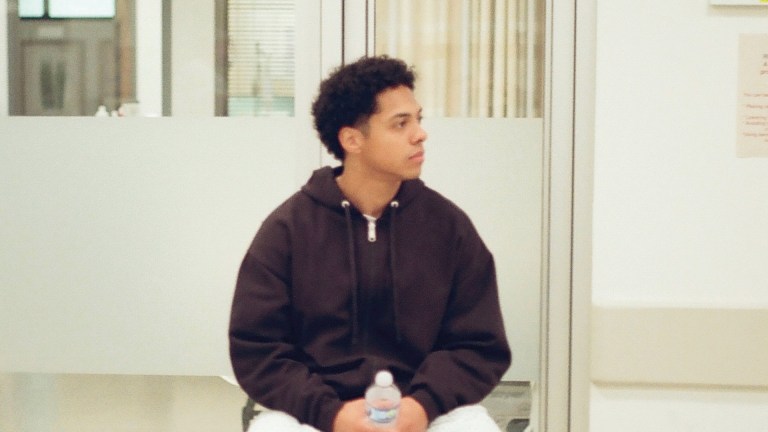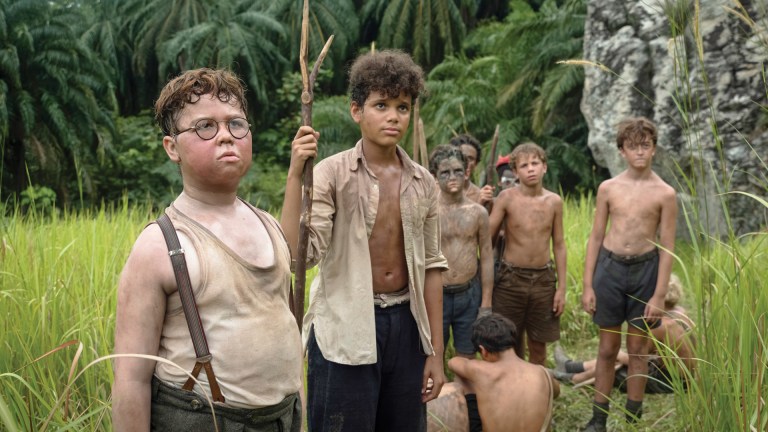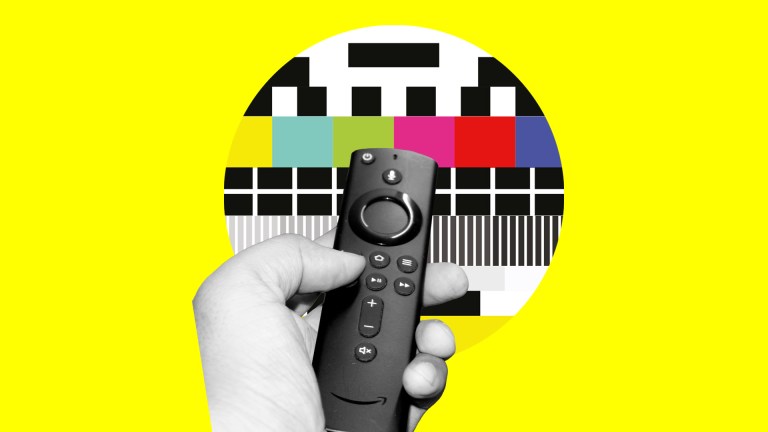Sixteen was a key year for me. I moved from a mixed school on a pretty rough estate in Slough to quite a fancy all-boys grammar school in High Wycombe. I went from being one of the lads and not working very hard to thinking, ‘Right, I had better do well in my A-levels and go to a good university.’ I basically gave myself a wake-up call when I was 16.
But I’d tell that 16-year-old that obsessing over academic results is not worth the stress. I think I took it all too seriously. I did very well academically but it never really served much of a purpose. I occasionally get stuff right on QI and that is the only purpose of those excellent A-level grades.
The teenage me was quite religious. I used to have what I would refer to as “my imaginary friend in the sky”. I grew out of that very late. I was about 26 when I finally went: “This is not for me. This is made up.” It was a huge weight lifted when that finally broke.
I used to have what I would refer to as “my imaginary friend in the sky”
I was brought up Irish-Catholic. My parents were from Limerick. We didn’t go to mass every Sunday but we went enough. My mother, as she got older, got slightly more religious. A belief in God was an assumed thing. I was never expected to be an altar boy or to go into the priesthood. There were enough aunts and uncles who were nuns and priests.
We had a month every summer in Kilkee and I would have been moaning about being on the west coast of Ireland. Looking back – it was heavenly. A summer on the coast in Ireland is idyllic and beautiful. But at the time I was too busy being bored. Moone Boy is a fabulous show, it really captures that “Oh right, rainy again?” aspect of Ireland.
If you weren’t funny at school, you weren’t one of our friends. That taught me to handle hecklers. Having a good sense of humour was how you’d be in the group. Everyone was just very, very good at taking the piss. That really has been a lifelong love of mine – taking the piss and knowing where to draw the line. If someone heckles me now I just think, “OK, here we go. I’ve been doing this for years!”









